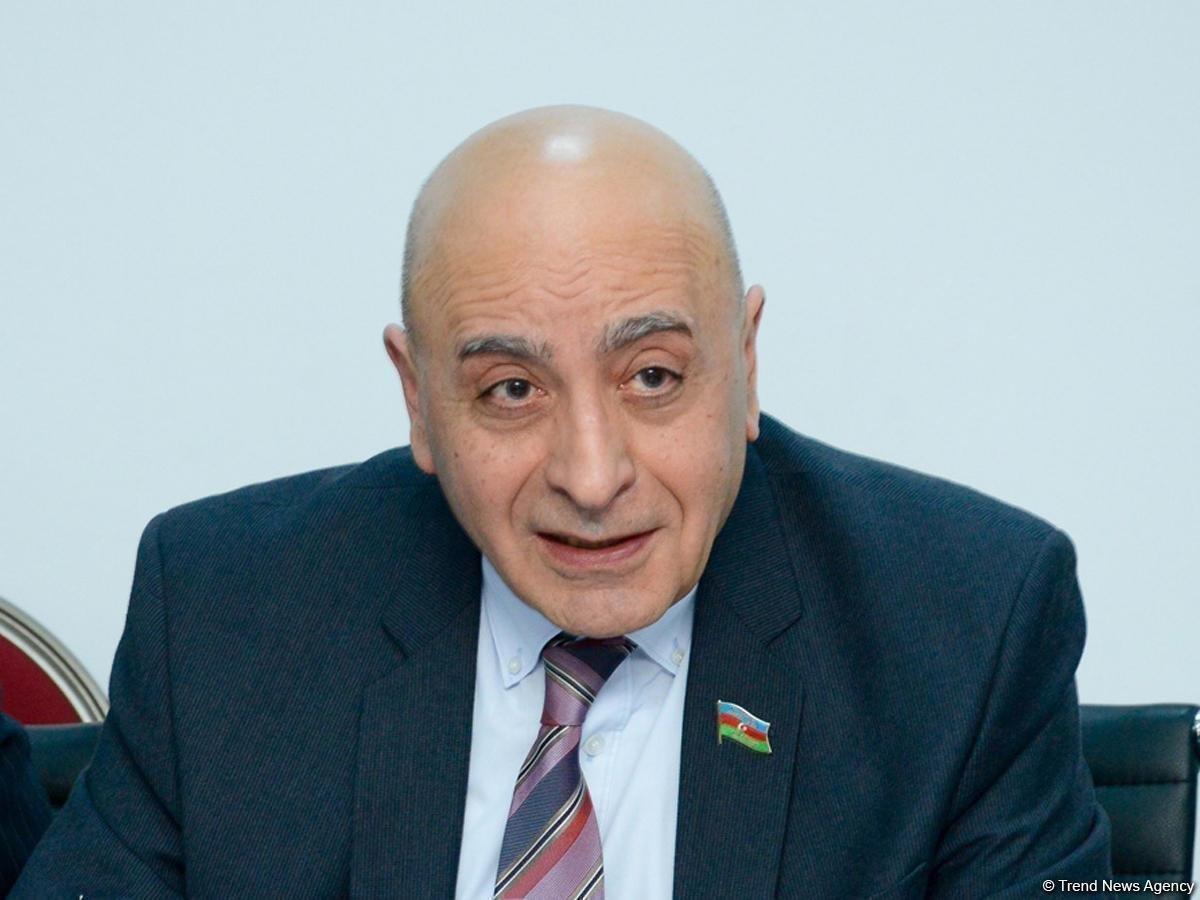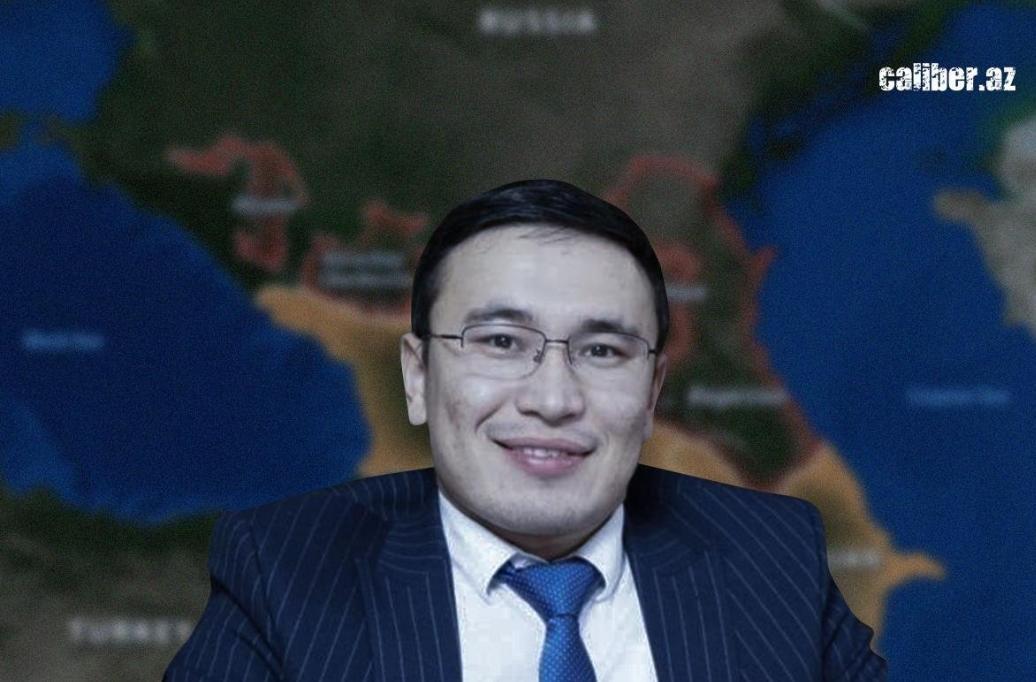"Yerevan opted for direct dialogue with Baku after realising the price of its stubbornness" Musabekov, Petrov and Akhmetov talk to Caliber.Az
The Armenian-Azerbaijani track has entered a new phase. The parties have begun to favour direct bilateral talks, which, it must be said, are producing tangible results. It should be recalled that on November 30 a meeting of the border demarcation committees was held at the conditional border between Armenia and Azerbaijan. It was held without the mediation of third parties.
On December 7, the Presidential Administration of Azerbaijan and the Office of the Prime Minister of Armenia issued a joint statement, also without mediators. Finally, on the previous day, the rules for organising and conducting meetings and joint working sessions of the Azerbaijani-Armenian State Commission on the delimitation of the state border were adopted.
This begs the question: if Baku and Yerevan can engage in productive dialogue and negotiations in a bilateral format, do they need intermediaries? Maybe the two countries will agree on a peace treaty without intermediaries. Caliber.Az had a look at the answers to these questions with the help of authoritative experts.

In the opinion of Rasim Musabekov, a member of parliament and political scientist, the productivity of bilateral negotiations is self-evident, which is why it is likely that this format will be the focus of attention in the future.
"But it is still difficult to completely exclude the services of the powers willing to mediate, they are still needed in order not to cause additional tension. Therefore, when the work on the preparation of the text of the peace treaty has advanced far enough and a meeting of foreign ministers is needed to agree on certain issues, I do not rule out that it could take place in Washington. In my opinion, it would be better to hold the final meeting in Tbilisi. This will allow all foreign mediators to participate. It should be noted that Azerbaijan has not yet made any statements about cancelling to meet with the mediators, but the practical work is going to be done in a bilateral format," Musabekov said.

Andrey Petrov, a Russian political scientist and deputy director general of the Vestnik Kavkaza news agency, is also confident in the effectiveness of this negotiation format.
"Why is the dialogue between Baku and Yerevan directly preferable? Because Armenia is quite good at manipulating the mediation mechanism, turning it into red tape - Yerevan usually addresses a proposal to a third party, and then this mediator starts discussing Armenian proposals with Baku. Azerbaijan's response is then passed along the same chain. Thus, the negotiations become meaningless and prolonged. In essence, there is no progress; those who doubt this can look at the example of thirty years of international mediation by the OSCE Minsk Group and the deadlock it led to. In the bilateral format, everything is much simpler - it is much more difficult for the Armenian side to turn away, to evade Baku's direct proposals, and since Armenian negotiators are human beings too, sooner or later they start looking for some compromises in the dialogue with the Azerbaijani side. This is the difference, if we explain it in simple terms," the Russian political scientist explained.
Also, in his opinion, the bilateral format became possible for two reasons. Firstly, Armenia is not satisfied with Russia as a negotiator, Yerevan's anti-Russian course stipulates minimal communication with Moscow, so Armenia seeks mediation from the West. But here, too, problems have come out.
"Azerbaijan is not against any Western mediators with a constructive non-truth position. But we see how the negotiations involving American and European mediators have stalled because both have allowed themselves anti-Azerbaijani rhetoric and unilateral support for the Armenian side. If the tension subsides, Baku will calmly meet with Yerevan's representatives both in Washington and Brussels. Another thing is that we see that the Western mediators cannot put their rhetoric in order, they speak simply because they are used to it and because they want to. But it turns out to be the only problem for them themselves, Azerbaijan simply prefers to do things on its own," Petrov said.
The second reason, according to Petrov, is that Yerevan saw that all the benefits it had tried to bargain for itself during the sluggish negotiations after the 44-day war were gradually slipping out of its grasp. Yerevan went for direct dialogue when it realized the bitter price of its stubbornness.
"Look, Azerbaijan has already started building a corridor across the Araz River bypassing Armenia. By the way, I have always supported this approach and said that if Armenia does not want to interact with Azerbaijan, then let it remain in isolation. Now Baku almost openly says that in principle it does not care where and how the corridor will pass, the main thing is to ensure a connection with Nakhchivan. Yerevan has begun to realise what advantages it is losing in the region. Therefore, in fright, Armenians hastily concocted a very funny project 'Crossroads of the World', which partly copies the Zangezur route, but at the same time is completely unprofitable and meaningless. Yerevan has turned on logic and realised that it is out of business: the Karabakh issue is closed, and the "miatsum' is dead and buried, so there is no special reason not to communicate with Azerbaijan on other issues that are vital for Armenia now. That is why Armenia has engaged in direct dialogue with Azerbaijan on delimitation and, in general, on improving relations, trying to somehow jump in the footsteps of the train that is leaving under its nose. Let's see how the situation will develop," Petrov said.

Kazakh political scientist Azat Akhmetov is confident that Baku has found those points of mutual consensus that allow it to find a language with Yerevan without intermediaries - diplomatic experience has accumulated, and circumstances and reality that Azerbaijan has formed are also playing into its hands.
"The issue of separatism in Karabakh has been resolved, virtually all the issues that prevented the conclusion of a peace treaty have been removed. We can confidently say that Azerbaijan skilfully brought Yerevan to this important line. A peace treaty is, in fact, the only way for Yerevan to make up its mind about its future. It is not worth relying on the missions of Western powers that are beckoning to their territory, they only disorientate the Armenian society," Akhmetov said.








